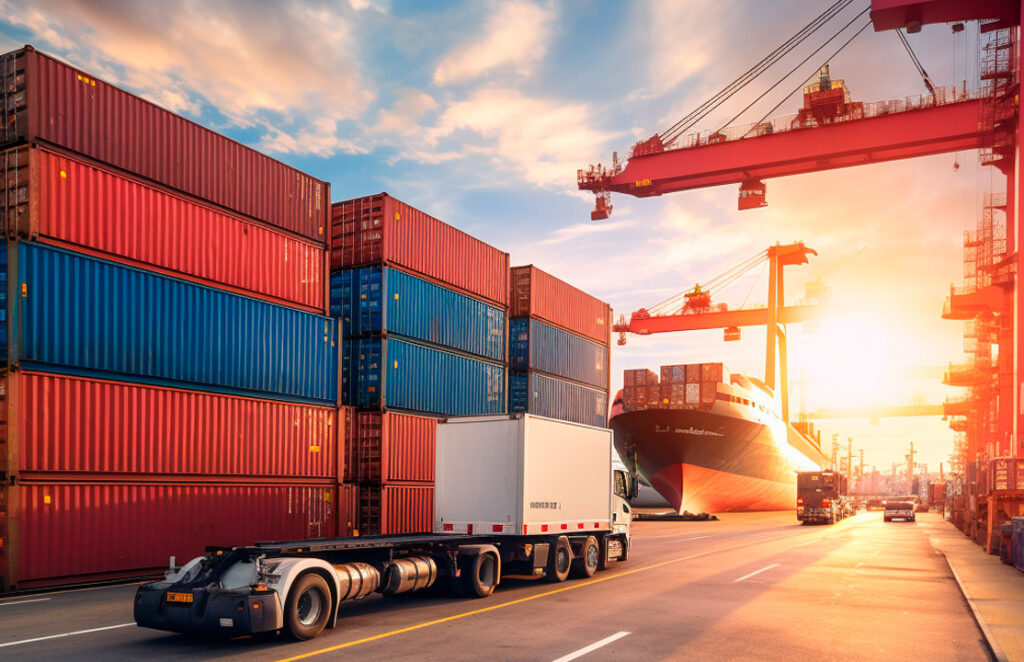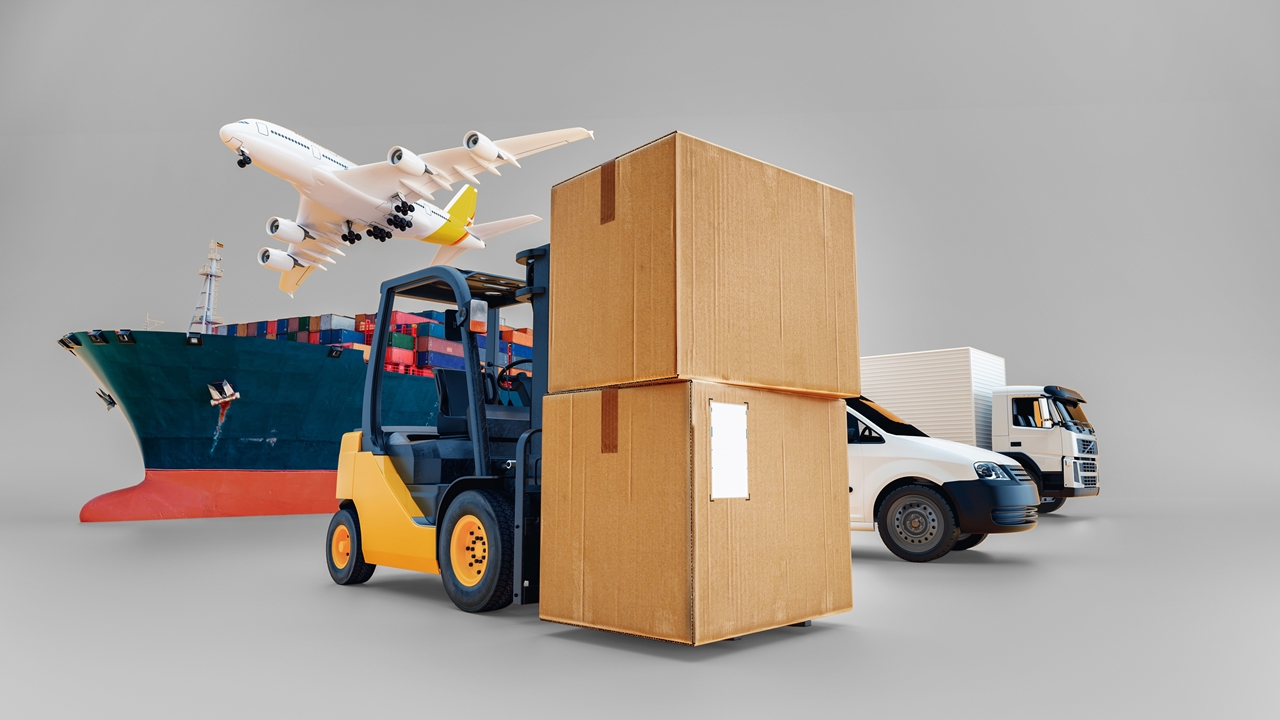Cargo Expedition Indonesia: Driving Growth Through Logistics Excellence
BusinessIndonesia an archipelago that is sprawling with over 17,000 islands, offers both challenges and opportunities for the logistics and cargo sector. Demand for effective cargo services has grown exponentially as the country grows as a major hub for global and regional trade. Cargo companies operating in Indonesia play a pivotal role in filling the gap between islands and connecting businesses and consumers across huge distances. They cover a wide variety of transport options such as sea, air, and land, offering specific solutions for the various needs of different industries. The growth of Indonesia’s economy has led to the cargo industry has become a vital component of its growth that allows for the seamless flow of goods and fostering the connectivity of regional areas.
The diverse geography of Indonesia makes it a unique logistics landscape. Islands like Java and Sumatra serve as economically and industrial hubs in contrast to others, such as Bali and Sulawesi tend to be more tourist-driven. Cargo businesses are responsible for providing timely deliveries of products to the most remote areas, overcoming hurdles including inadequate infrastructure, and unpredictable weather. Many logistics providers across Indonesia utilize innovative methods that include technology into their operations, to track shipments and optimize routes. This digital transformation will not only improve efficiency, but it also increases trust among customers who rely for real-time updates and reliable service.
Sea freight is the mainstay of transportation for cargo in Indonesia because of the country’s huge maritime area. Ports that are located in the major cities of Jakarta, Surabaya, and Makassar are key points within the cargo system, facilitating both domestic and international trade. The investment of the government in the port’s infrastructure as well as initiatives such as the “Sea Toll Road” project are designed to simplify maritime logistics and cut costs. For heavier and bulkier shipments ocean freight is still the most efficient option. However, problems like port congestion as well as complex regulatory issues persist which requires cargo firms to develop strategies that are flexible and establish partnerships with local authorities in order to guarantee smoother operations.

In addition to sea freight as well, air cargo service has been gaining popularity in Indonesia specifically for the time-sensitive shipping. With major international airports like Soekarno-Hatta as well as Ngurah Rai serving as logistics hubs, air freight provides faster delivery options for industries like e-commerce, electronics, pharmaceuticals and more. The rise of online shopping has greatly increased the demand for efficient cargo services. This has led logistics companies to enhance their air transportation capabilities. Despite its advantages in speed however, air cargo comes at costlier prices, which makes it a better choice for high-value or urgent shipments. Through balancing land, sea, and air freight options cargo-expedition companies in Indonesia respond to the various needs of business while retaining cost efficiency. For more information please Continue Reading
The rapid growth of e-commerce is a game changer for the cargo expedition industry in Indonesia. Platforms such as Tokopedia, Shopee, and Lazada have revolutionized consumer behavior, leading to an increase in the quantity of products which need to be moved each day. Cargo firms are increasingly joining with these platforms, offering an integrated end-to-end solution for logistics. The importance of last-mile delivery that ensures goods are delivered to the customer quickly and in good condition, has pushed the industry to develop innovative solutions such as drone delivery, as well as automated warehouses. This dynamic link between logistics for cargo and online commerce highlights the industry’s ability to adapt to a constantly changing market.
In the end, cargo exploration in Indonesia is an essential element of the country’s economic growth, facilitating trade and connecting regions across its vast archipelago. The ability of the sector to deal with geographic challenges, take on advances in technology, and adjust to evolving market demands underscores its crucial role in determining the nation’s future. As the government invests in infrastructure and as businesses expand, the cargo industry will continue to be at forefront of driving Indonesia’s growth. By fostering collaboration and innovation the logistics industry in Indonesia is set to not only satisfy domestic demands, but also compete globally as a model for efficiency and adaptability.
